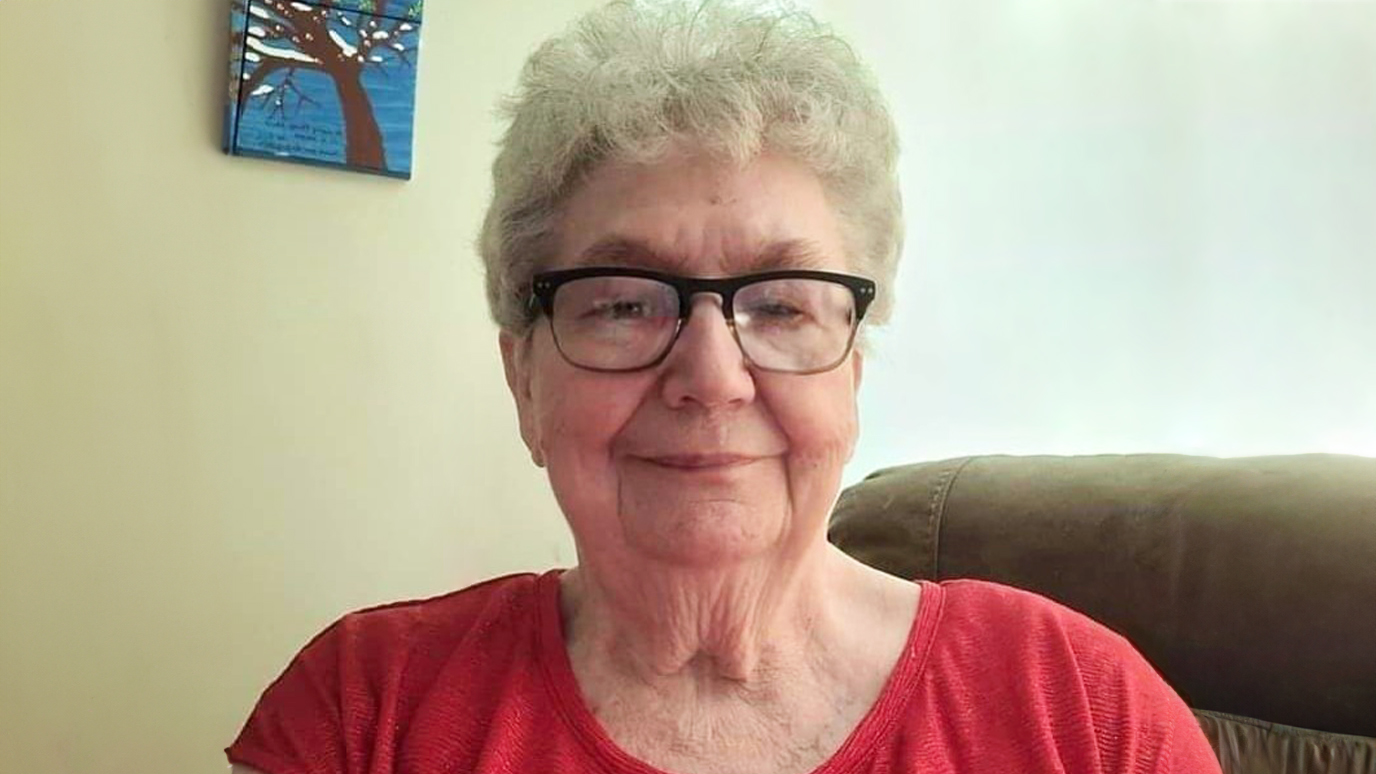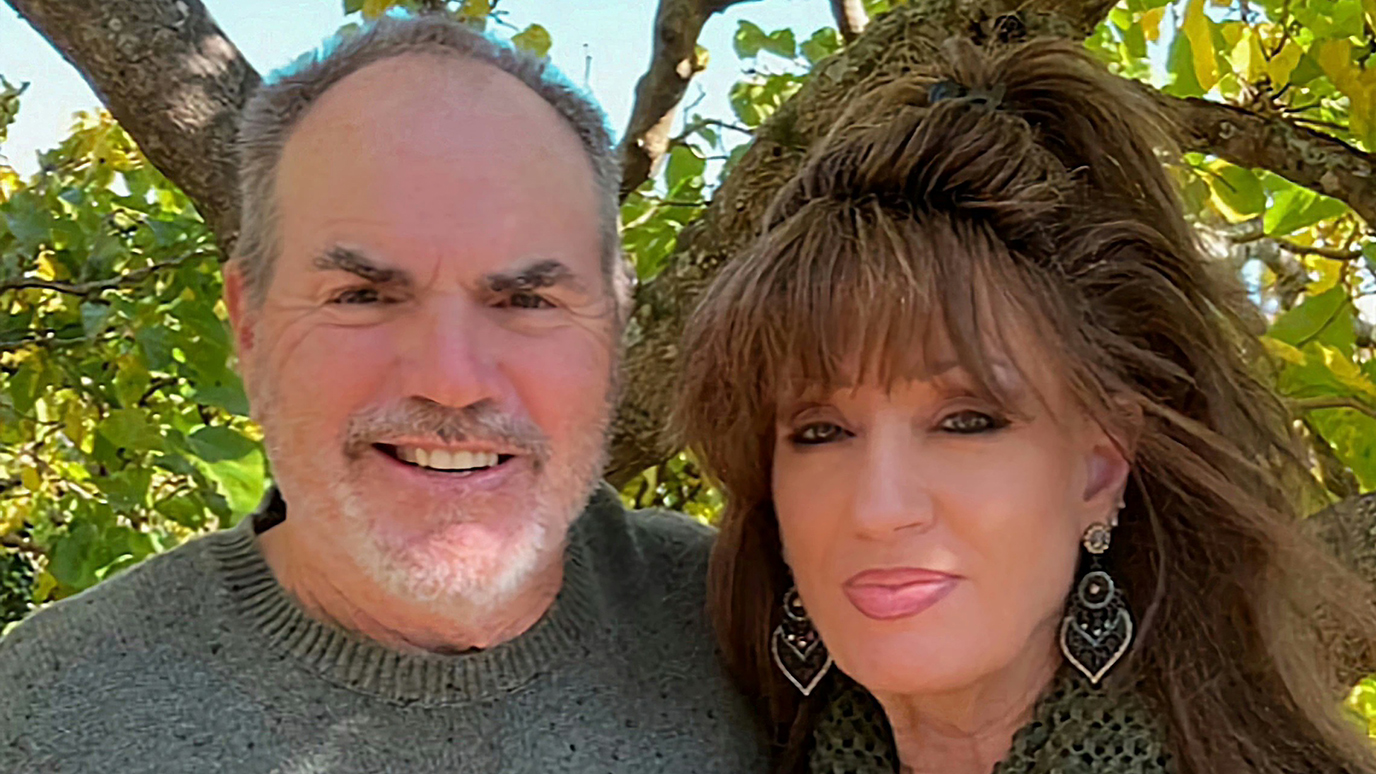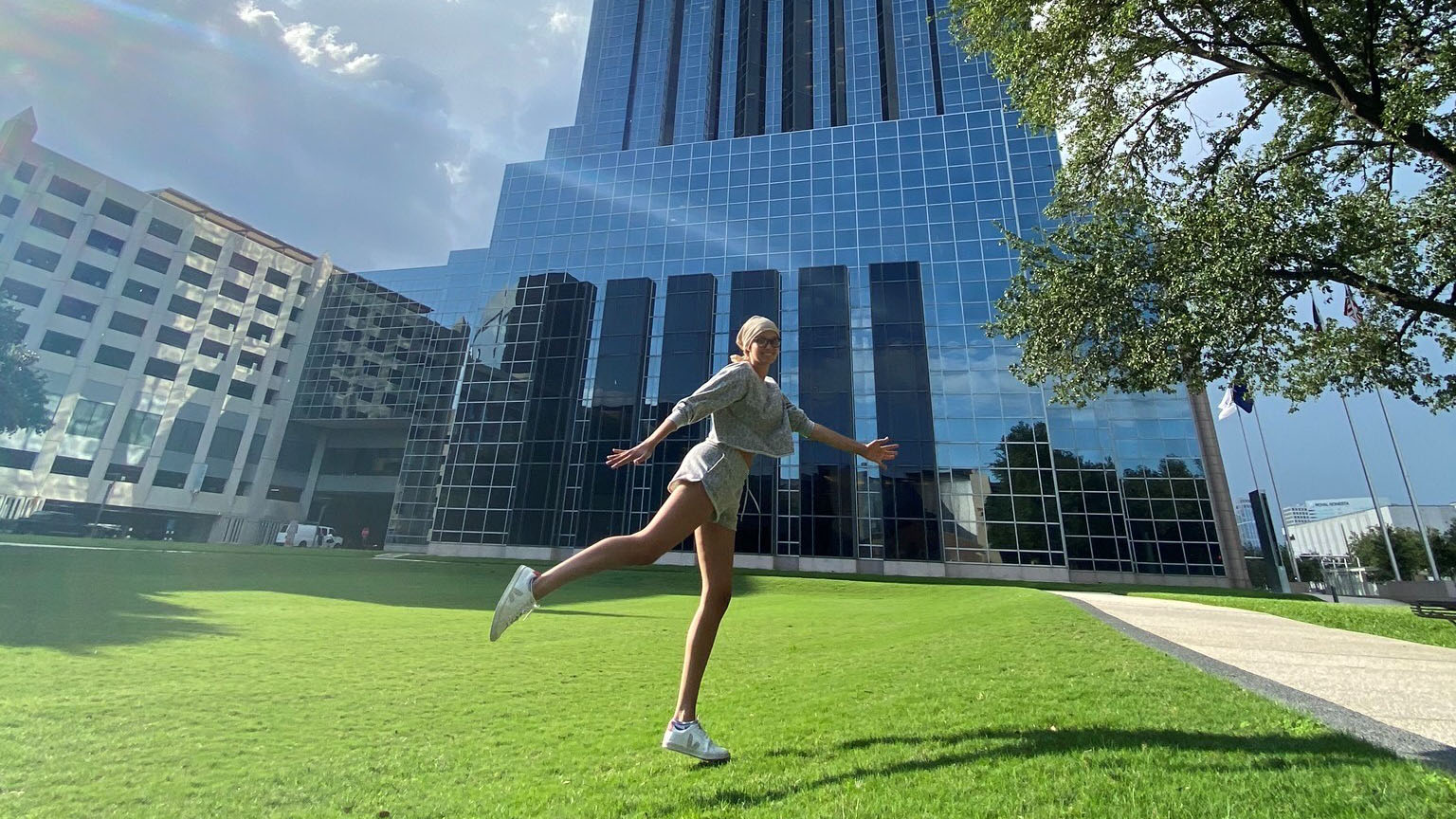- Diseases
- Acoustic Neuroma (16)
- Adrenal Gland Tumor (24)
- Anal Cancer (70)
- Anemia (2)
- Appendix Cancer (18)
- Bile Duct Cancer (26)
- Bladder Cancer (74)
- Brain Metastases (28)
- Brain Tumor (234)
- Breast Cancer (728)
- Breast Implant-Associated Anaplastic Large Cell Lymphoma (2)
- Cancer of Unknown Primary (4)
- Carcinoid Tumor (8)
- Cervical Cancer (164)
- Colon Cancer (168)
- Colorectal Cancer (118)
- Endocrine Tumor (4)
- Esophageal Cancer (44)
- Eye Cancer (36)
- Fallopian Tube Cancer (8)
- Germ Cell Tumor (4)
- Gestational Trophoblastic Disease (2)
- Head and Neck Cancer (14)
- Kidney Cancer (130)
- Leukemia (342)
- Liver Cancer (50)
- Lung Cancer (286)
- Lymphoma (278)
- Mesothelioma (14)
- Metastasis (30)
- Multiple Myeloma (100)
- Myelodysplastic Syndrome (60)
- Myeloproliferative Neoplasm (6)
- Neuroendocrine Tumors (16)
- Oral Cancer (102)
- Ovarian Cancer (178)
- Pancreatic Cancer (162)
- Parathyroid Disease (2)
- Penile Cancer (14)
- Pituitary Tumor (6)
- Prostate Cancer (150)
- Rectal Cancer (58)
- Renal Medullary Carcinoma (6)
- Salivary Gland Cancer (14)
- Sarcoma (238)
- Skin Cancer (302)
- Skull Base Tumors (56)
- Spinal Tumor (12)
- Stomach Cancer (66)
- Testicular Cancer (28)
- Throat Cancer (92)
- Thymoma (6)
- Thyroid Cancer (100)
- Tonsil Cancer (30)
- Uterine Cancer (86)
- Vaginal Cancer (18)
- Vulvar Cancer (22)
- Cancer Topic
- Adolescent and Young Adult Cancer Issues (22)
- Advance Care Planning (12)
- Biostatistics (2)
- Blood Donation (18)
- Bone Health (8)
- COVID-19 (360)
- Cancer Recurrence (120)
- Childhood Cancer Issues (120)
- Clinical Trials (628)
- Complementary Integrative Medicine (22)
- Cytogenetics (2)
- DNA Methylation (4)
- Diagnosis (240)
- Epigenetics (6)
- Fertility (62)
- Follow-up Guidelines (2)
- Health Disparities (14)
- Hereditary Cancer Syndromes (128)
- Immunology (18)
- Li-Fraumeni Syndrome (8)
- Mental Health (122)
- Molecular Diagnostics (8)
- Pain Management (62)
- Palliative Care (8)
- Pathology (10)
- Physical Therapy (18)
- Pregnancy (18)
- Prevention (940)
- Research (390)
- Second Opinion (78)
- Sexuality (16)
- Side Effects (616)
- Sleep Disorders (10)
- Stem Cell Transplantation Cellular Therapy (216)
- Support (408)
- Survivorship (330)
- Symptoms (182)
- Treatment (1794)
Teen appendix cancer diagnosis leads family back to MD Anderson
4 minute read | Published August 04, 2022
Medically Reviewed | Last reviewed by an MD Anderson Cancer Center medical professional on August 04, 2022
When Angie Levinthal’s husband, Jared was diagnosed with colon cancer in 2012, she was terrified that he might not be there to watch their three daughters grow up.
A decade later, the couple learned that one of their daughters now had an appendiceal neuroendocrine tumor, a type of appendix cancer.
Angie was furious. She couldn’t believe her family had to hear those words again, and she couldn’t bear the idea of 17-year-old Kendall suffering.
The family sought the care and expertise that had helped Jared overcome cancer. They came to MD Anderson for a second opinion.
“After facing cancer before, there was nowhere our family would go but MD Anderson,” Angie says.
Facing an appendix cancer diagnosis
When it came to her health, it seemed like Kendall never got a break, Angie says. At 9 months old, she’d had surgery to have a part of a kidney removed after complications at birth. Later, she had her adenoids removed and four surgeries for ear tubes. At 9, she suffered permanent hearing damage. But she never let the struggles get the better of her. It motivated her. She plans to study speech pathology in college and use her experiences to help others.
Kendall’s appendix cancer symptoms began in March 2022, when she had dull stomach pain and a low-grade fever. It reminded Angie of the symptoms she had suffered years prior when she’d had appendicitis. The pediatrician confirmed Kendall would need emergency surgery to remove her appendix right away.
The surgery went smoothly and Kendall went home to recover the next day. But the surgeon told Angie that he had noticed an unusual spot on Kendall’s appendix during the procedure. It was probably nothing, but he’d performed a biopsy just to be sure. The next day he called with the biopsy results. Kendall had an appendiceal neuroendocrine tumor. While cancerous, this type of tumor usually behaves like a benign tumor. They’re rare in general and even more rare in teenage girls. Because the tumor had been removed along with Kendall’s appendix, she wouldn’t need additional treatment.
Remembering Jared’s colon cancer treatment
The diagnosis immediately brought back memories of Jared’s stage IV colon cancer diagnosis. There had been a less than 10% chance that he would live. He had two surgeries and six rounds of chemotherapy. The couple considers that time the hardest time of their lives. Fortunately, Jared was declared cancer-free and has remained so ever since then.
“We’re so grateful we came to MD Anderson. We sought their expertise because Jared’s dad had been treated for stage IV melanoma there years before and had such an amazing experience and positive outcome,” Angie says.
The couple wanted to turn to MD Anderson again, but first, they had to tell Kendall. They decided Jared should keep his distance. They didn’t want her to have such a clear reminder of how difficult cancer treatment could be in the room when she heard the news. So, Angie sat down with her daughter and shared the results of the pathology report. Kendall was scared, but like everything she had ever faced, she took it in stride. Kendall knew she could look to her dad for inspiration. For him, the cancer was in the past, and she knew soon it would be for her, too.
She agreed with her parents. They needed a second opinion from MD Anderson.
Undergoing surgery at MD Anderson
At MD Anderson, the Levinthals met with surgeons Christopher Scally, M.D., and Matthew Tillman, M.D. They explained that it was OK to watch and wait, as the first surgeon had suggested, but a safer option that would give the family more peace of mind would be to do exploratory surgery on Kendall’s colon to make sure none of the cancer remained. Because Kendall had a rare inherited condition called intestinal malrotation and her intestines didn’t form into a coil, her operation would be more complex than usual, but her surgical team had a plan.
They would perform a minimally invasive procedure using a robot that would allow the surgeons to make small incisions. Kendall would only have small scars and would be back to an active lifestyle and hanging out with her friends in a matter of weeks.
Not a trace of cancer was found during the surgery. Kendall spent two nights in the hospital. She was the youngest person on the inpatient floor, but her care team never made her feel like she was out of the ordinary. Knowing that a cancer treatment surgery can be a little extra lonely for a teen, the nurses went out of their way to take time to visit with her until she was ready to go home.
After recovering at home for 10 days, Kendall felt well enough to attend a pool party with her friends, and her abdomen had healed so quickly that she was even able to wear her two-piece swimsuit — normalcy the teenage girl was grateful for.
Angie also consulted with a genetic counselor at MD Anderson, who assured her Jared and Kendall’s cancers weren’t related genetically.
Moving forward
Kendall will undergo check-ups at MD Anderson every six months. She has an excellent prognosis and her surgeons say her chances of recurrence are low. She’s glad to be able to be cancer behind her and focus on the start of her freshman year of college at The University of Texas this fall.
Her family is grateful for the hospital that helped her family overcome cancer, not once, not twice, but three times.
Request an appointment at MD Anderson online or by calling 1-866-965-0356.
Related Cancerwise Stories

There’s nowhere our family would go but MD Anderson.
Angie Levinthal
Caregiver





